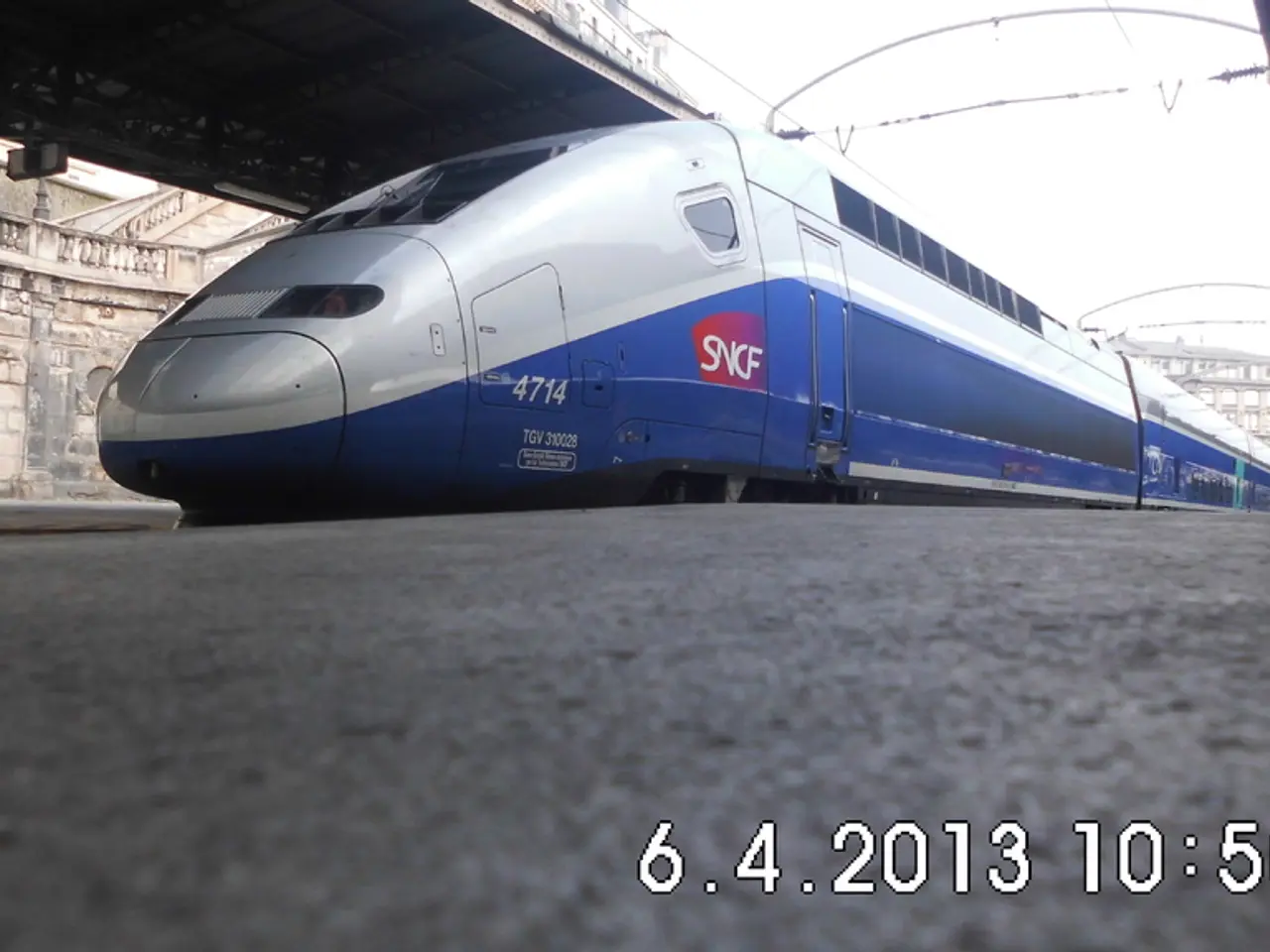Rail Baltica agrees on critical design contract with DB Engineering & Consulting for Poland-Kaunas strategic rail link
The Rail Baltica project, a landmark initiative aimed at connecting the Baltic states with a standard-gauge railway, is making significant strides forward. Recent developments in Lithuania highlight the progress being made on the 96 km stretch between the Lithuania-Poland border and Kaunas.
In a significant milestone, a €38.31 million contract for design and supervision on this segment was signed in August 2025. DB Engineering & Consulting, with its extensive experience in the Rail Baltica project, was selected as the design services provider for this crucial section. The company has contributed to key components such as the Shadow Operator consortium and the design of the first dual road-rail bridge over the Daugava River in Riga.
Construction on this segment is now underway, with active development seen across all three Baltic countries. In Lithuania, recent contracts totaling around €235 million cover embankment works and rail installation. Notable projects include 10 km of track between Sveicarija and Zeimiai and an 18.9 km embankment from Kaunas toward the border. Track laying on separate sections is scheduled to begin or continue through 2025, with completion expected by early 2027.
Eugenijus Sabutis, Lithuania's Acting Minister of Transport and Communications, has emphasized the urgency of progress on this cross-border section. By the end of 2025, 43% of the mainline is expected to be construction-ready and progressing.
The Rail Baltica project is expected to be the first route where high-speed, European standard-gauge trains will begin operating. For freight operators, the new connection offers a faster, greener alternative to road transport, advancing Europe's decarbonization and modal shift goals. The connection from the Poland-Lithuania border to Kaunas will significantly boost both passenger and freight mobility along the North Sea-Baltic corridor.
Poland remains a key strategic partner in Rail Baltica, as it is the only participating country with an operational 1435 mm rail network. DB Engineering & Consulting will design the electrified double-track railway from the Polish border through Marijampole, extending onwards to Kaunas (Jiesia). The new standard-gauge European line will feature connections to the existing Rail Baltica line, which will continue to be utilized for freight transportation, including military mobility cargo.
The project will also implement the necessary traffic control and signaling systems to enable faster and more efficient train operations. DB Engineering & Consulting Managing Director for International Markets and Consulting, Board Member Stefan Geisperger, has stated that DB continues its eight-year involvement in the Rail Baltica Global Project.
Despite funding gaps and scope adjustments, the Lithuania-Poland border-to-Kaunas section remains a key priority to improve passenger and freight mobility along the North Sea-Baltic corridor. The Rail Baltica project aims for completion by 2030, yet some compromises such as single-track sections are expected. Nevertheless, the progress made so far is a promising step towards realizing this ambitious project.
In an effort to enhance passenger and freight mobility along the North Sea-Baltic corridor, the new connection from the Poland-Lithuania border to Kaunas will provide a faster, greener alternative to road transport for freight operators, helping to advance Europe's decarbonization and modal shift goals. During a sports event in Kaunas, Acting Minister of Transport and Communications, Eugenijus Sabutis, showcased a European standard-gauge train model as a symbol of the project's success, highlighting the importance of progress on this cross-border section.







